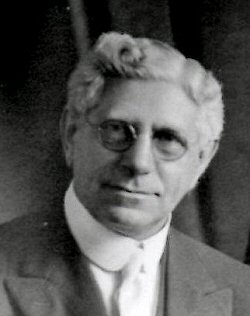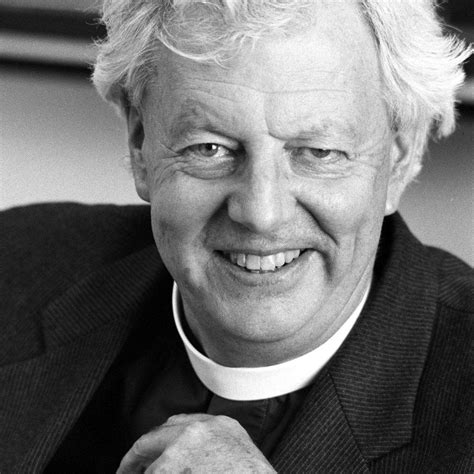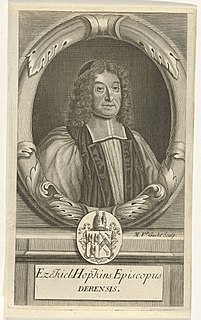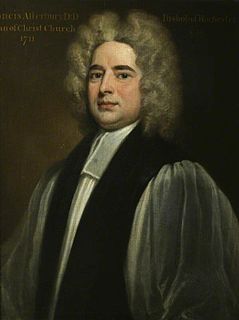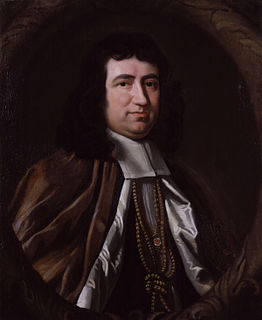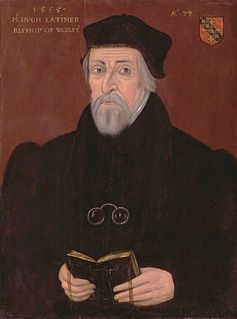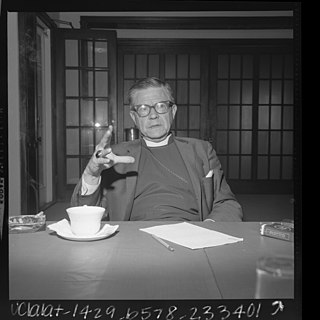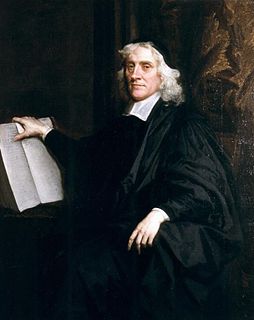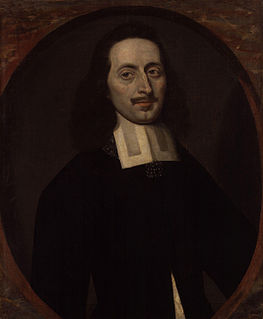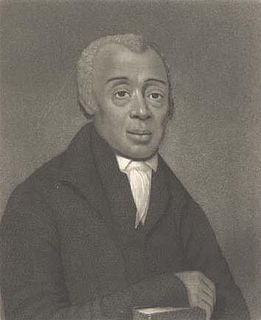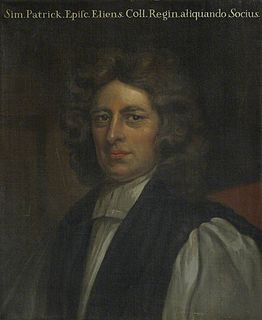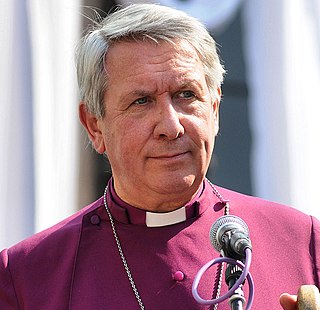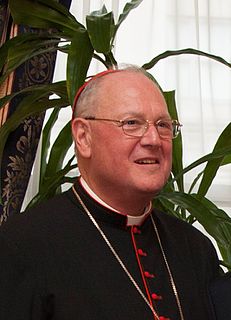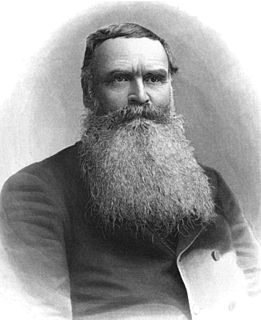A Quote by Pope Dionysius
[God] is perfect not only insofar as He is absolute perfection, defining perfection in Himself and from His singular existence and total perfection, but also because He is far beyond being so. He sets a boundary to the boundless and in His total unity He rises above all limitation. He is neither contained nor comprehended by anything. He reaches out to everything and beyond everything and does so with unfailing generosity and unstinted activity.
Related Quotes
Always remember deep in your heart that all is well and everything is unfolding as it should. There are no mistakes anywhere, at any time. What appears to be wrong is simply your own false imagination. That's all. But we live in a universe of Brahman, of Absolute Reality, self -contained Consciousness, where there's perfection, perfect life, perfect bliss, perfect being. That perfection knows nothing about wrong and right, good and bad, happy and sad. It knows only itself as Perfection. And you are That.
God wanted man to know him somehow through his creatures, and since no creature could fittingly reflect the infinite perfection of the Creator, he multiplied his creatures and gave a certain goodness and perfection to each of them so that from them we could judge the goodness and perfection of the Creator, who embraces infinite perfection in the perfection of his one and utterly simple essence.
The perfection of the effect demonstrates the perfection of the cause, for a greater power brings about a more perfect effect. But God is the most perfect agent. Therefore, things created by Him obtain perfection from Him. So, to detract from the perfection of creatures is to detract from the perfection of divine power.
There exists an infinite, eternal Being, subsisting of himself, who is one without being alone; for he finds in his own essence relations whence, with the necessary movement of his life, results the absolute plenitude of his perfection and his happiness. A Being unique and complete, God suffices to himself.
God shows us in Himself, strange as it may seem, not only authoritative perfection, but even the perfection of obedience--an obedience to His own laws; and in the cumbrous movement of those unwieldiest of his creatures we are reminded, even in His divine essence, of that attribute of uprightness in the human creature "that sweareth to his own hurt and changeth not.
In any given moment, a man's growth is optimized if he leans just beyond his edge, his capacity, his fear. He should not be too lazy, happily stagnating in the zone of security and comfort. Nor should he push far beyond his edge, stressing himself unnecessarily, unable to metabolize his experience. He should lean just slightly beyond the edge of fear and discomfort. Constantly. In everything he does.
We make assertions and denials of what is next to [the Divine Nature], but never of It, for It is both beyond every assertion, being the perfect and unique cause of all things, and, by virtue of Its preeminently simple and absolute nature, free of every limitation, beyond every limitation; it is also beyond every denial.
What is the purpose for which Masonry exists? Its ultimate purpose is the perfection of humanity. Mankind it self is still in a period of youth. We are only now beginning to acquire a consciousness of the social aim of civilization, which is man's perfection. Such perfection can never end with physical perfection, which is only the means to the end or spiritual perfection.













